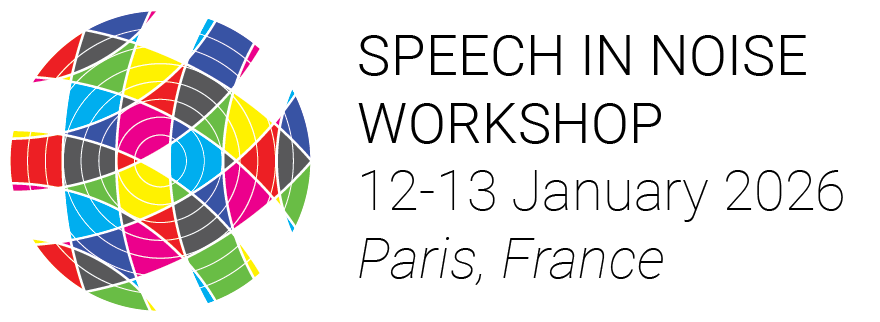P65Session 1 (Monday 12 January 2026, 15:00-17:30)Exploring auditory perception experiences in daily situations in autistic adults
Autistic individuals often show differential sensory perception, including hypo- or hypersensitivities to sound. Previous research also suggests that autistic individuals often have difficulty processing intentional and affective cues in speech acoustics. However, it is unclear whether autistic individuals have difficulties with the perception of auditory information,and in particular, whether they have more difficulty with speech understanding than non-autistic individuals. Additionally, there is a growing recognition that many individuals identify as being autistic without having a formal diagnosis. Assessing the auditory perception experiences of both self-identifying and clinically diagnosed autistic individuals provides a more inclusive investigation, and helps to shed light on the comparability of these two groups.
We investigated self-reported auditory perception using the Speech, Spatial, and Qualities of Hearing Questionnaire (15-SSQ) among autistic (self-identifying, n=18; clinically diagnosed, n=45) and non-autistic adults (n=66). The study was conducted in the Netherlands, but the questionnaire and call for participation were in English and open to anyone regardless of country of residence.
Both clinically diagnosed and self-identifying individuals with autism reported significantly lower scores on the total 15-SSQ score and on the Speech subscale compared to non-autistic individuals, indicating challenges in overall quality of auditory perception, and speech comprehension. Clinically-diagnosed individuals also showed lower scores on the quality and spatial subscales compared to non-autistic individuals. We further found 1) that speech hearing is particularly challenging for many autistic individuals, and 2) full score and all scores for all subscales were statistically equivalent between the self-identifying and clinically diagnosed autistic individuals. Finally, autistic participants used the free-response portion of the survey to report several factors that they find to be particularly challenging about speech understanding in noisy environments.
Our findings first highlight the challenges faced by autistic individuals regarding auditory perception. Beyond hypo- or hyper-sensitivities, difficulty processing auditory information in general, and in particular speech, seems to commonly occur in autism, which could be contributing to social interaction difficulties. The finding that self-identifying and clinically diagnosed autistic individuals show similar patterns of hearing difficulties further emphasizes the need for more inclusive research practices that collect the experiences of all the individuals in the autistic community in the study of sensory perception in autism.

